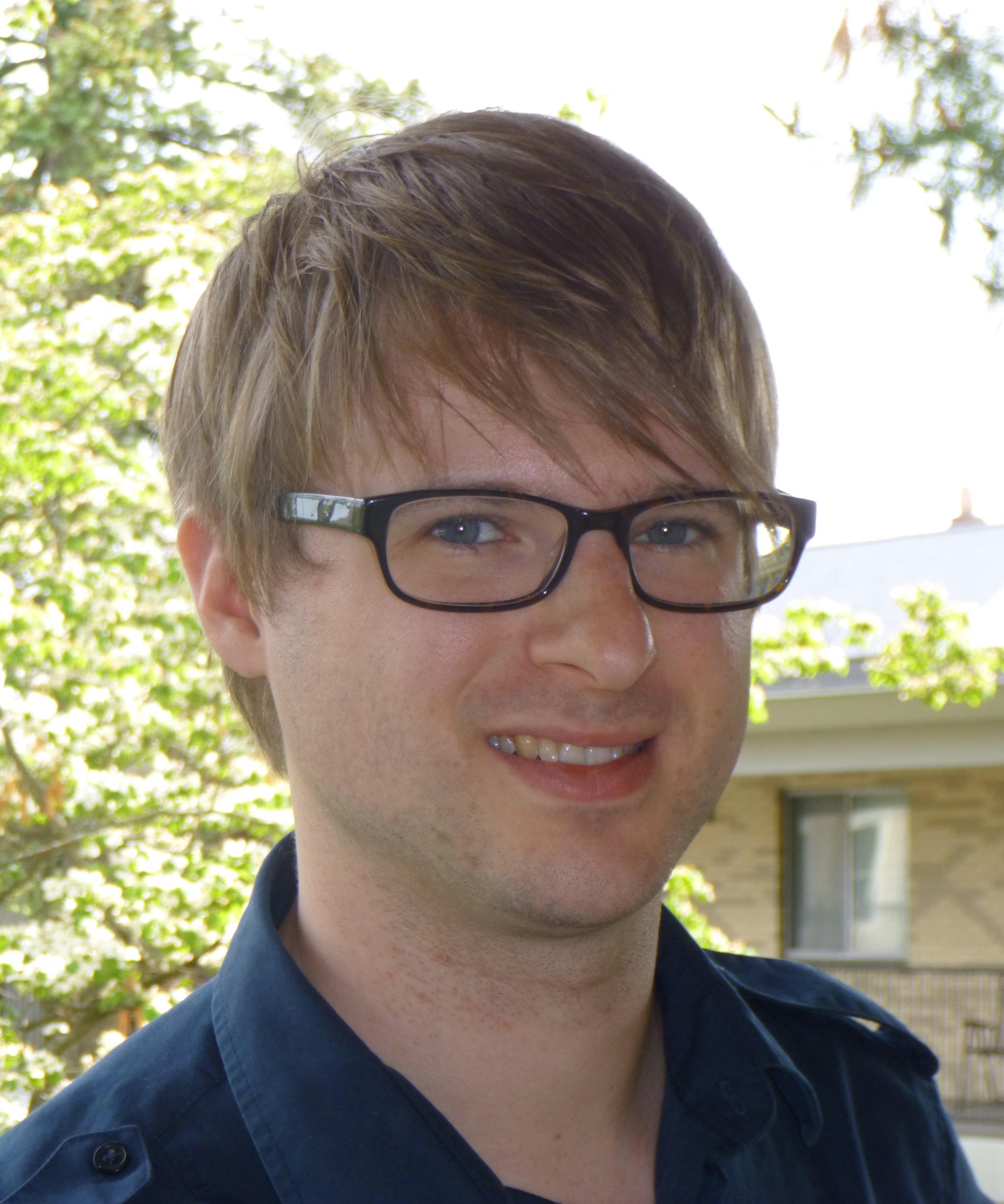(click on the speaker name or photo to view speaker details)
Currently using python for modeling, clustering, and predicting user behavior in games on mobile devices. Experience with graphical models, k-means, neural networks, SVMs, and regression.
Professional Background:

Avishek Panigrahi has an extensive background in chip design and an avid interest in using data effectively as a method to handle the increasing complexity of current generation chips. He has been working on chip designs for over 12 years - designing circuits, writing EDA/CAD tool flows and doing physical implementation of complex Systems-on-Chip.
He first used the early concepts of data analysis to organize, slice and dice data generated from CAD tools with the intent to find power bottlenecks and to reduce power on the (then) latest generation of MIPS microprocessors. The work turned into a paper - "Clock PowerReduction-Analysis Metrics and Power Reduction Techniques" and won the Technical Committee Award for best paper at SNUG, San Jose - a highly regarded chip design industry conference. Since then he has been interested in looking at analyses of chip design data - wirelengths, timing data, crosstalk, parasitics, log files etc, - generated in the process of designing chips. He is an avid user of the python data analysis stack to simplify and automate many reporting and debug tasks.
Avishek is a Senior Staff Engineer at Xilinx and has worked for Samsung and MIPS Technologies in the past. He has an MS in Electrical Engineering from the University of Virginia and a B.Tech in Electrical Engineering from Indian Institute of Technology, Bombay. He currently serves as a Member of the Technical Committee for SNUG Silicon Valley, Boston, Ottawa and Austin

Jake Vanderplas is an NSF post-doctoral fellow at University of Washington, working jointly between the Computer Science and Astronomy departments. His research involves applying recent advances in machine learning to large astronomical datasets, in order to learn about the Universe at the largest scales. He is co-author of "Statistics, Data Mining, and Machine Learning in Astronomy", a Python-centric textbook to be published by Princeton Press in 2013, and has presented many technical talks and papers in this subject area.
In the Python world, Jake is active in maintaining and contributing to several core Python scientific computing packages, including Scikit-learn, Scipy, Matplotlib, and others. He occasionally blogs on python-related topics at http://jakevdp.github.com.
Matthew Trentacoste is a Computer Scientist at Adobe Systems, where he develops mobile photography platforms. He's interested in computational photography, networked cameras and how large collections of images can enable new forms of creative imaging.
His background is a mix of image processing, human visual perception, data analysis and mobile platforms. Previously, he's worked or consulted at companies large and small, including Dolby, Pocket Pixels, BrightSide Technologies and Mobify. He holds a degree in Computer Science from Carnegie Mellon and with a Ph.D. and M.Sc. from the University of British Columbia, both in Computer Science.



CEO and Co-Founder, Continuum Analytics Introduction to NumPy; Introduction to SciPy
Dr. Oliphant has a Ph.D. in Biomedical Engineering from the Mayo Clinic, and M.S. and B.S. degrees in Electrical Engineering (and Math) from Brigham Young University. Travis has worked extensively with Python for numerical and scientific programming since 1997, and was the primary developer of the NumPy package and the author of the definitive Guide to NumPy. He is also the primary founding author of the SciPy package. During his academic career, he has worked in the fields of satellite remote sensing, Magnetic Resonance Imaging (MRI), Ultrasound, elastography, and general inverse problems. He was an Assistant Professor of Electrical and Computer Engineering at Brigham Young University from 2001 to 2007 where he taught courses in probability theory, electromagnetics, inverse problems, and signal processing. In addition, he directed the BYU Biomedical Imaging Lab, and performed research on scanning impedance imaging. He has done consulting work since 1997 in laser scattering off of semiconductors, sparse matrix calculations for search engines, and mesh transformations for fluid dynamics. Dr. Oliphant co-founded Continuum Analytics, Inc. in 2012 and currently serves as its CEO.
